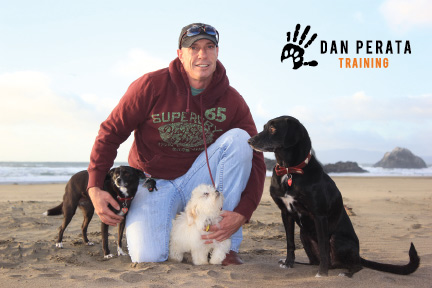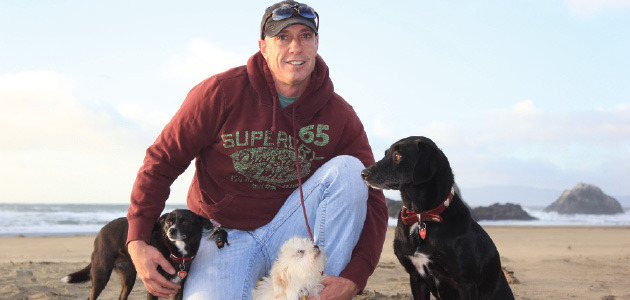 The Homeless Advocacy Project (HAP) of the Justice & Diversity Center (JDC) often has clients who are at serious risk of eviction, in part because the client’s service dog is considered aggressive by other tenants.
The Homeless Advocacy Project (HAP) of the Justice & Diversity Center (JDC) often has clients who are at serious risk of eviction, in part because the client’s service dog is considered aggressive by other tenants.
It is not uncommon for companion animals that have lived on the street with their owners to have some trouble transitioning from a protective role to something more appropriate and relaxed once the clients are housed or are living in homeless shelters. Clients with service animals rely on their animals so much, the threat to their housing and/or the fear of losing their animal is overwhelming. This stress puts the client at even greater risk of not only homelessness, but also a mental breakdown.
While evaluating one case in particular in December 2014, in which a client was threatened with eviction because of her dog, HAP Director Teresa Friend suggested that the client needed a dog psychologist.
HAP Attorney Erin Katayama jumped on that idea. She contacted one of the most well respected dog trainers in San Francisco, Dan Perata of Dan Perata Dog Training (www.danperata.com), and asked him if he would be willing to volunteer to spend some time evaluating a client and her dog. Perata, whose services normally range from $250/hour – $3,500/month, not only agreed to provide his services free of charge, but did so during his busiest time of year.
Katayama and fellow HAP attorney Michael Spalding brought the client and her dog to a session. Perata worked with them for two full hours and even met for a follow-up appointment. He evaluated the dog, worked with the dog, and taught the client new approaches. The skills and confidence gained by the client and her dog will go far in keeping the client and her dog stably housed – whether it be in her current or future situations.
Partnerships, such as this one, encompass the HAP model of holistic advocacy using legal services with supporting social services to address the underlying issues that have led to a legal problem, so that the matters can be successfully resolved and homelessness can be prevented.




